Knowing how to self-study and think independently are necessary skills for students to develop their abilities.
K CANNOT BE TEACHED BY COMMUNICATION, NOTE-TAKING, OR MEMORY
Many teachers believe that this year's graduation exam clearly shows the spirit of reform. The content of the exam not only covers the 3-year high school program but also eliminates the heavy theoretical and memorization part, to focus more on application skills and solving practical situations. This is an important turning point and needs to be taken seriously.
Master Huynh Thanh Phu, Principal of Bui Thi Xuan High School (Ben Thanh Ward, Ho Chi Minh City), believes that the exam is a mirror that honestly reflects the teaching and learning process. If we continue to maintain the old teaching method and learn in the same way, when looking at the new exam, we will certainly feel confused and disappointed. However, if we are proactive in innovating, knowing how to self-study and think independently, then this year's exam is truly an opportunity for students to develop their abilities.
In the recent high school graduation exam, when teachers commented on the exam, they all agreed that the 2018 General Education Program (GEP) focused on developing students' qualities and abilities through active learning activities, experiences, and discoveries. In many subjects such as literature, chemistry, physics, biology, etc., the exam questions no longer focus on memorization, but require students to understand the nature, apply knowledge to reality, explain phenomena or solve problems. This is not only a change in the level of exam techniques, but also a major shift in educational philosophy, from cramming knowledge to developing education. To go along with that innovation, teachers must change.
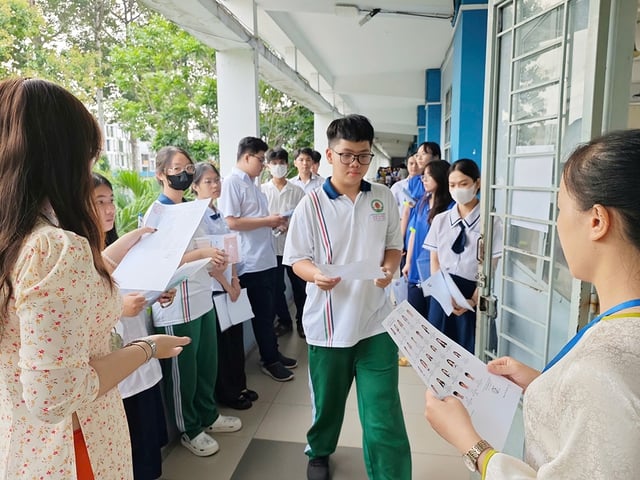
High school graduation exam 2025 with many innovations in exam questions
PHOTO: DAO NGOC THACH
Master Phu believes that looking at the 2025 high school graduation exam, teachers cannot continue to teach in the way of communication, taking notes, and memorizing for exams as before. Now, each lesson must be a journey of discovery , where students can think, ask questions, debate and draw their own conclusions with their own thinking.
In particular, when the exam requires a lot of content related to practical applications and experiments (typically in natural science subjects), teachers must be more flexible in organizing learning activities. We must teach so that students can observe, manipulate, simulate and experience, instead of just listening to lectures and taking notes.
Turn your classroom into a "thinking lab"
Master Pham Le Thanh, a teacher at Nguyen Hien High School (Binh Thoi Ward, Ho Chi Minh City), believes that teachers need to focus on improving the quality of formal lessons, closely following the requirements of the program, aiming to develop practical skills, chemical thinking, problem solving and creativity. Each lecture should be a series of diverse and lively learning activities, turning the classroom into a "thinking laboratory", where students can actively explore and ask "why" questions, instead of passively receiving knowledge. At the same time, testing and assessment activities need to be systematically designed and develop capacity, in order to stimulate potential and motivate students to study right from the time they choose a subject.
This year's chemistry exam also shows a clear improvement in the approach to content, the questions no longer revolve around hypothetical contexts, but are built on practical situations and experimental scientific significance. This is how the exam realizes the spirit of the 2018 General Education Program, helping students master knowledge, know how to apply it to life, have career orientation, live a responsible, rich and dedicated life. Therefore, teaching cannot stop at textbooks or teaching theory. Teachers need to boldly organize learning activities associated with STEM (science - technology - engineering - mathematics), small research, learning projects so that students can both learn and do, and be creative.
HEAVY INVESTMENT IN INFRASTRUCTURE
According to Master Huynh Thanh Phu, teachers need to design open, differentiated learning activities and increase the assignment of exploratory learning tasks. Assessment forms such as learning diaries, group reflections, individual products, etc. will help students gradually master their own knowledge and learning process. When students no longer learn because they are forced to, but learn because they are inspired and see the meaning, then their self-learning ability will be truly unleashed.
From this assessment, Master Phu suggested that it is urgent to train teachers not only to update their professional knowledge, but also to renew their teaching thinking and practice their classroom organization skills in the direction of developing capacity. "The time when teachers were the only ones who held knowledge is over. Teachers today must be the ones who design the learning journey, the ones who accompany students in the process of self-study and self-development," Mr. Phu emphasized.
According to Master Huynh Thanh Phu, one of the prerequisites for effectively implementing the 2018 General Education Program is the facilities and teaching equipment. When the exam questions are heavily oriented towards practical and applied skills, it is impossible for students to learn "on paper" and teachers to lecture with chalk and blackboard. Laboratories, practice equipment, interactive learning tools, simulation software, etc. need to be invested in properly, sufficiently and promptly.
Without investment from the school board, teachers' innovation in methods will only be a half-hearted movement. "In a chemistry lesson with only a board and chalk, how can students develop experimental thinking? In a physics lesson without measuring equipment, how can students feel the practicality of science?", Mr. Phu questioned.
From there, according to Mr. Phu, school leaders need to boldly review the infrastructure system, prioritize budget for investment in teaching equipment and build a flexible and modern learning environment.
Mr. Phu said that through this year's high school graduation exam, a number of students may not achieve the desired results. That is because students have not yet had time to adapt to the new requirements. Some students who used to study well by "memorizing and doing sample tests" are now confused when faced with open questions. Some students have not had access to experiential lessons, so when faced with practical questions, they have to "give up".
"Blaming the students is also blaming the adults. The transition from the old program to the new program should have been organized systematically by the school and teachers, with a roadmap and timely support. But for many reasons, the facilities are not enough, the teachers are not familiar with it, the students do not have extra classes... so the gap between the set goals and the teaching practice still exists. The 2025 exam is an opportunity for us to look back at that gap so that the change can be incorporated into each lesson and each lecture," Mr. Phu shared.
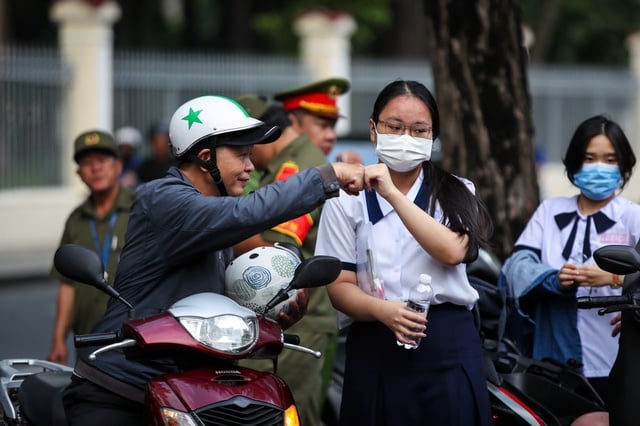
Parents accompany their children in every important exam
Photo: Nhat Thinh
STUDY TO UNDERSTAND, NOT TO PASS EXAMS
The principal of a high school in Saigon Ward (HCMC) emphasized that an innovative exam cannot be successful if it only depends on teachers or schools. Educational innovation requires consensus from all three sides: school, family, and society. Parents need to understand that their children's learning methods are different. They cannot be forced to memorize, cram lessons, or chase after scores. Encourage them to learn because they understand, because they want to, to solve problems, not to cope with exams.
Principal Huynh Thanh Phu emphasized: "Society also needs to change its perspective. We cannot evaluate the quality of education just by the graduation rate or the entrance score. We need to ask: After the exam, what capacity have students developed, are they able to live and work in a digital society? That is the real destination."
Challenges for students
Master Pham Le Thanh said that students often have a subjective mentality when they think "when they get to grade 12, they will have enough time to review". But with the current requirement of comprehensive capacity assessment, the way of studying quickly, rote learning, and trick learning will not help students pass the exam, and even less can they help them grow sustainably.
Therefore, students need to be serious and proactive in studying from grade 10, build a habit of studying with a plan, clear goals, and know how to learn from many different sources such as textbooks, the internet, open learning materials, artificial intelligence, real-life experiences, etc.
Source: https://thanhnien.vn/tu-de-thi-tot-nghiep-thpt-can-phai-thay-doi-viec-day-va-hoc-185250703203328807.htm



![[Photo] Parade to celebrate the 50th anniversary of Laos' National Day](/_next/image?url=https%3A%2F%2Fvphoto.vietnam.vn%2Fthumb%2F1200x675%2Fvietnam%2Fresource%2FIMAGE%2F2025%2F12%2F02%2F1764691918289_ndo_br_0-jpg.webp&w=3840&q=75)
![[Photo] Worshiping the Tuyet Son statue - a nearly 400-year-old treasure at Keo Pagoda](/_next/image?url=https%3A%2F%2Fvphoto.vietnam.vn%2Fthumb%2F1200x675%2Fvietnam%2Fresource%2FIMAGE%2F2025%2F12%2F02%2F1764679323086_ndo_br_tempimageomw0hi-4884-jpg.webp&w=3840&q=75)



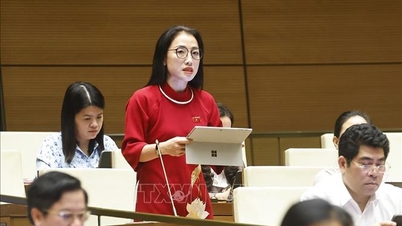

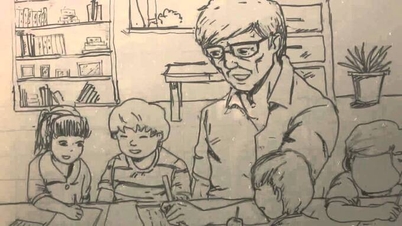

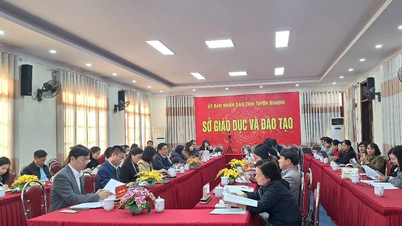

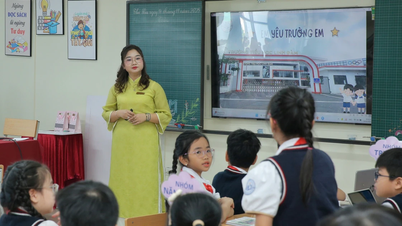



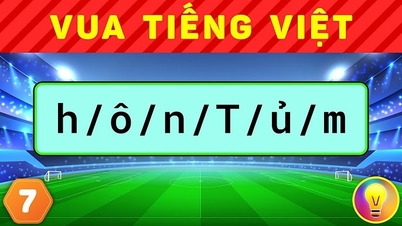

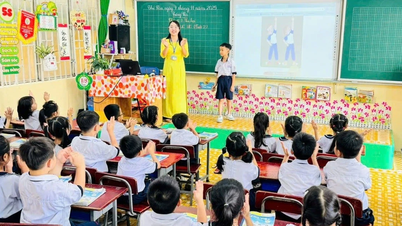
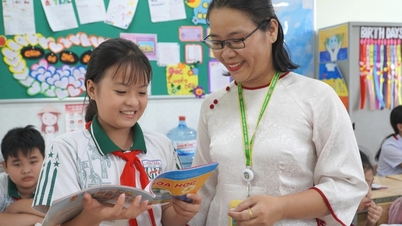

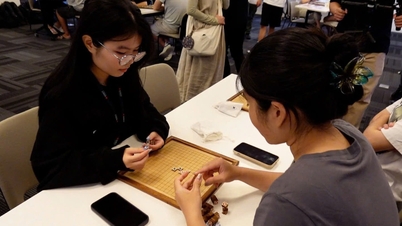
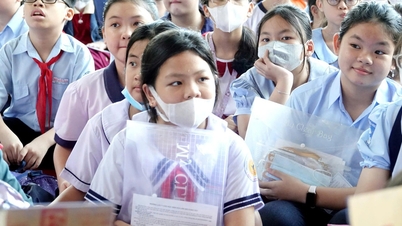
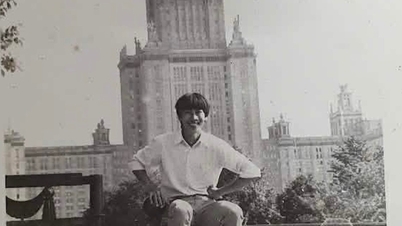






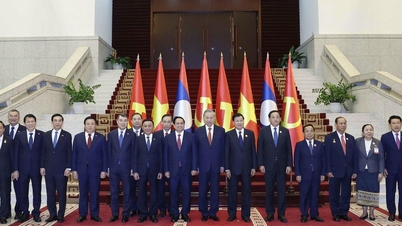
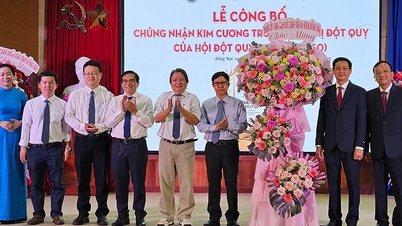
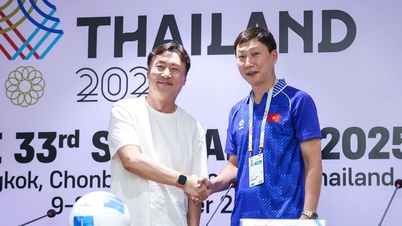
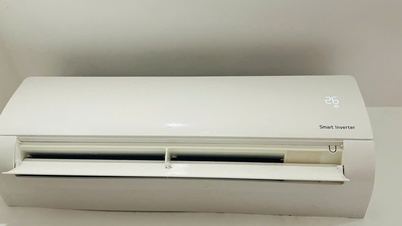
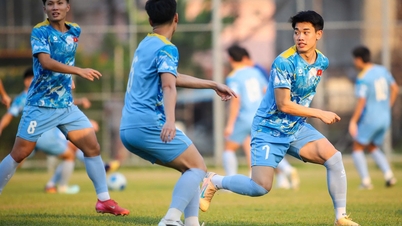
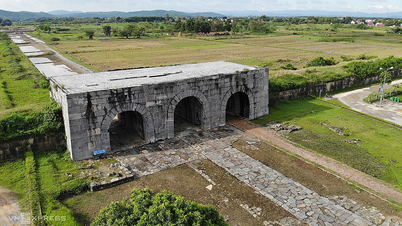









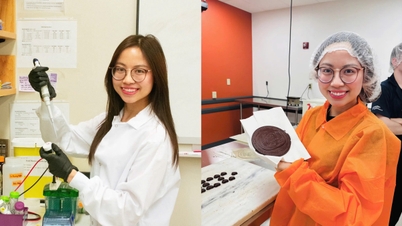


























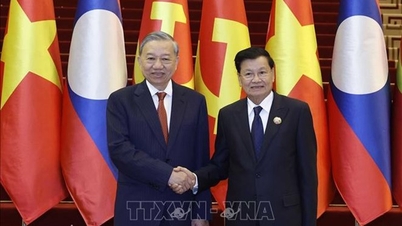

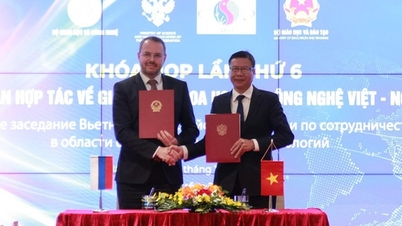




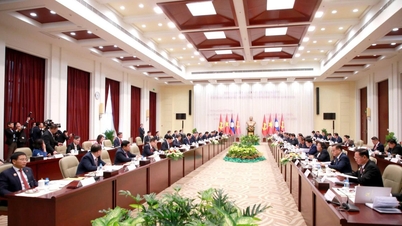

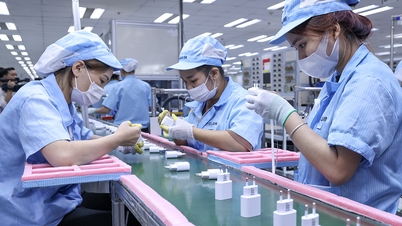


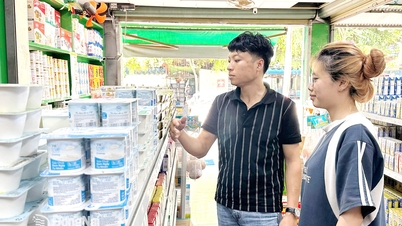




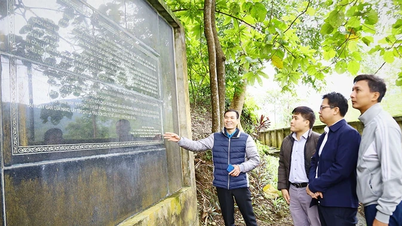










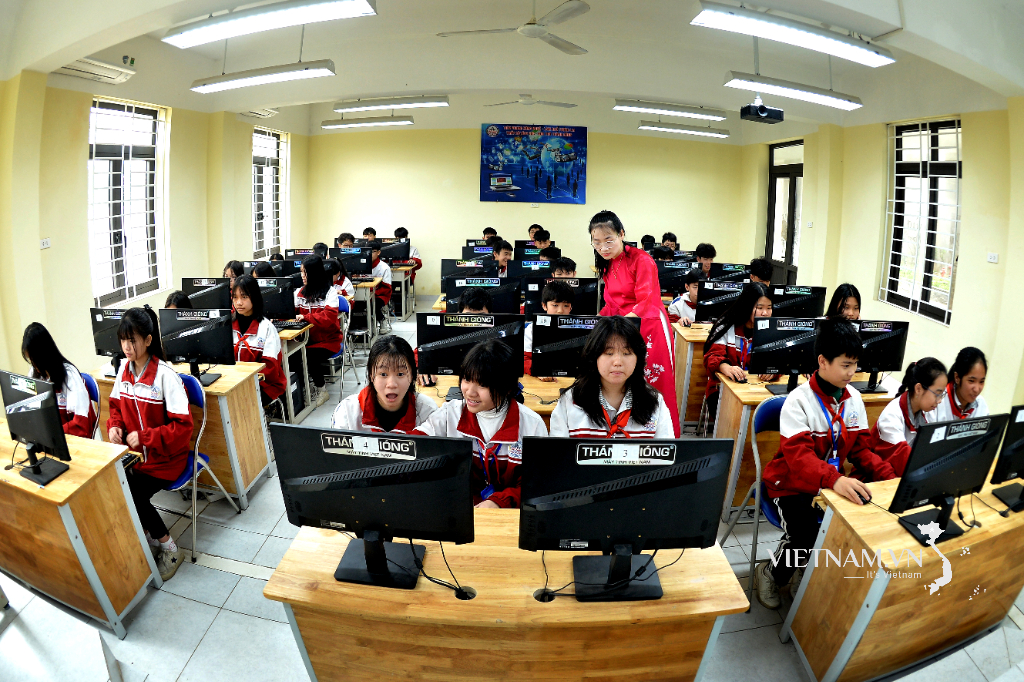



Comment (0)